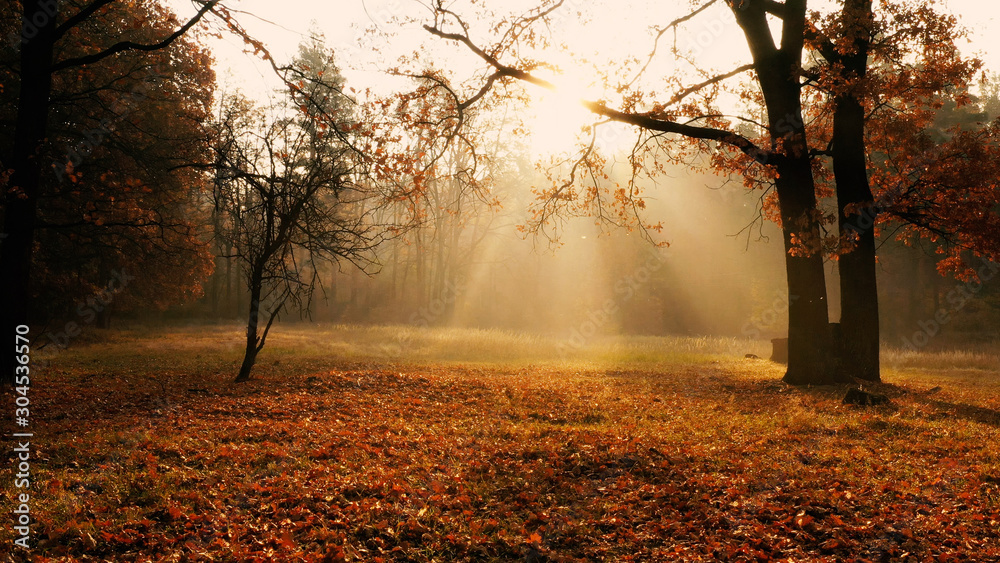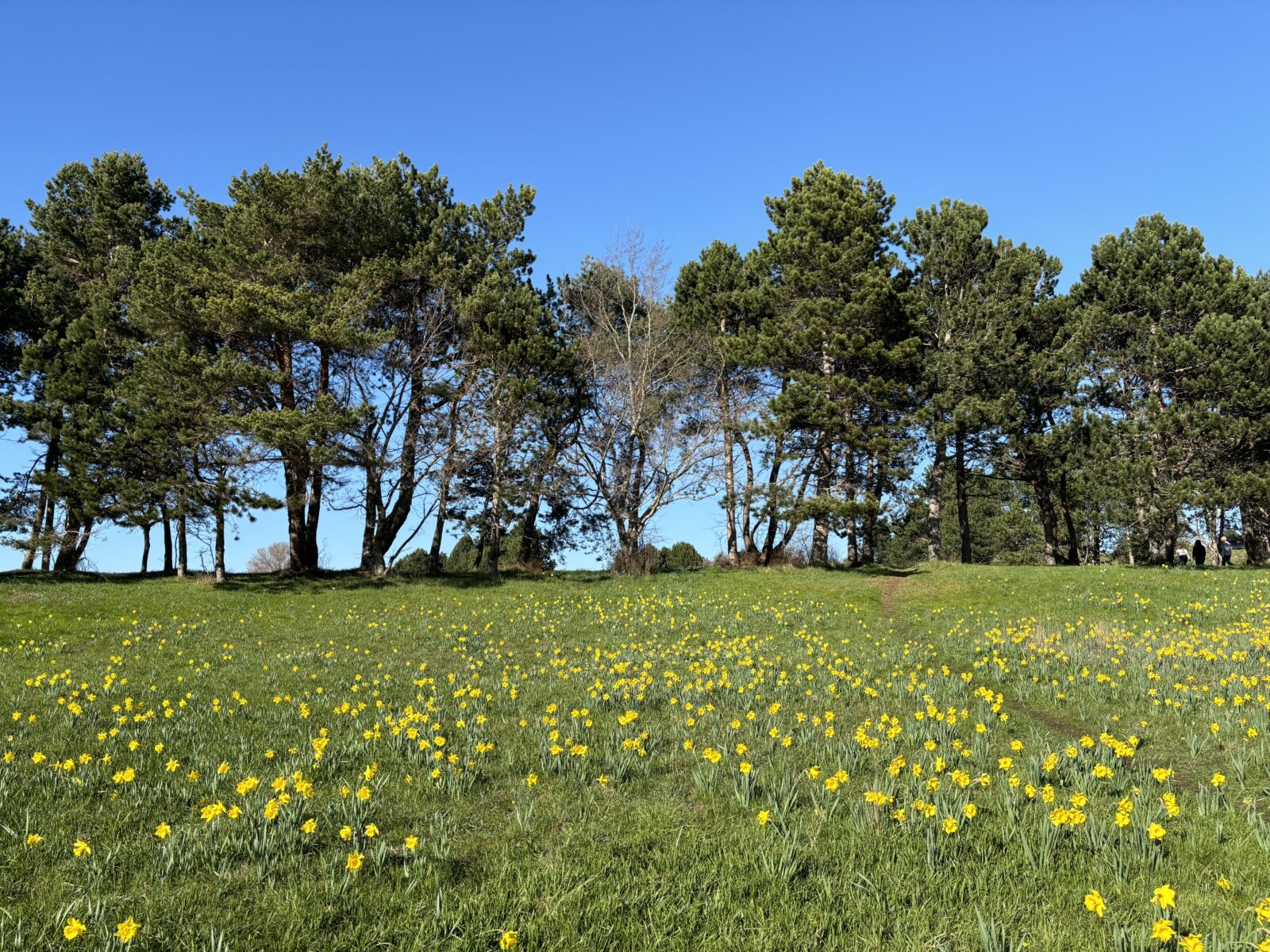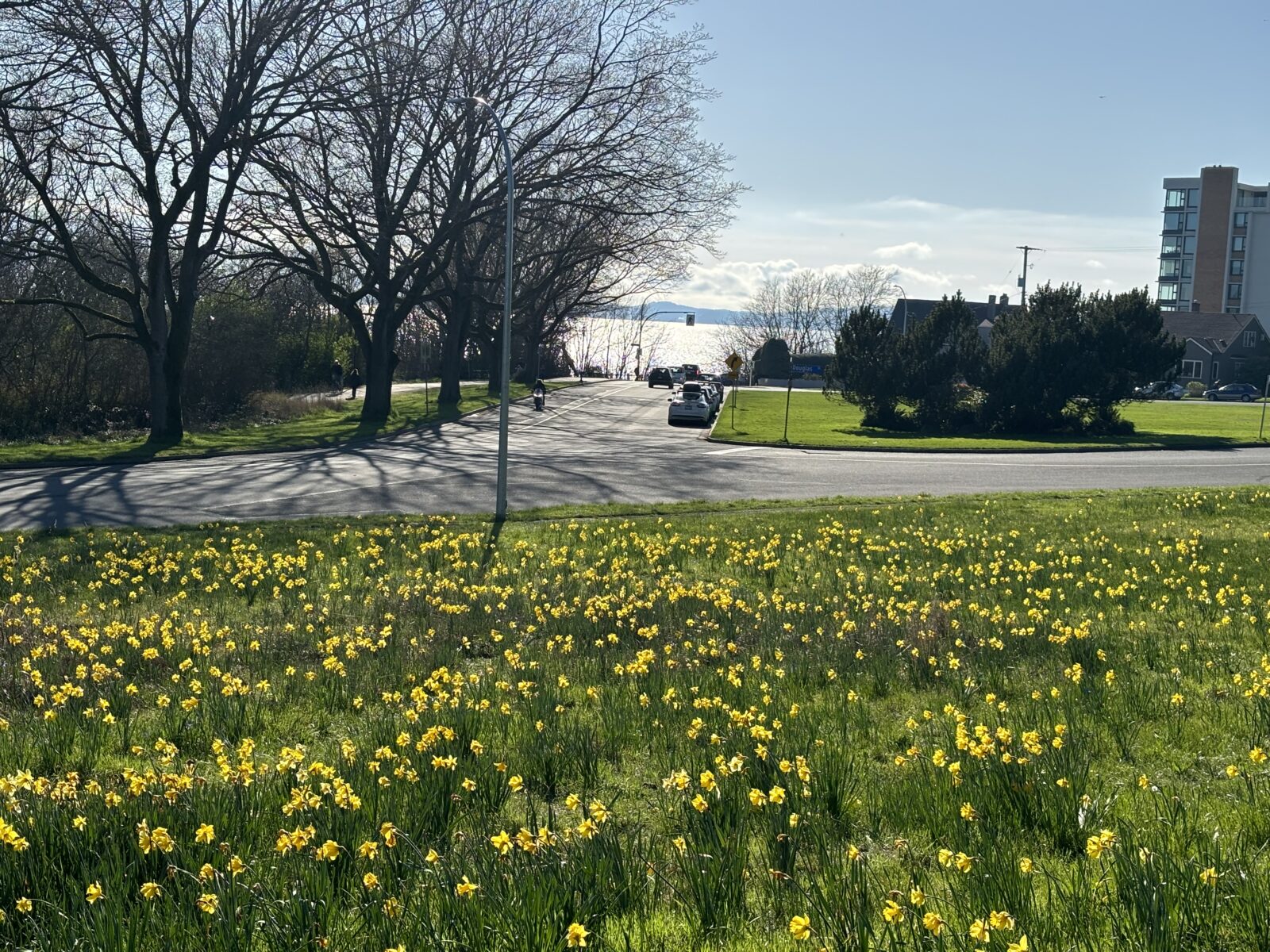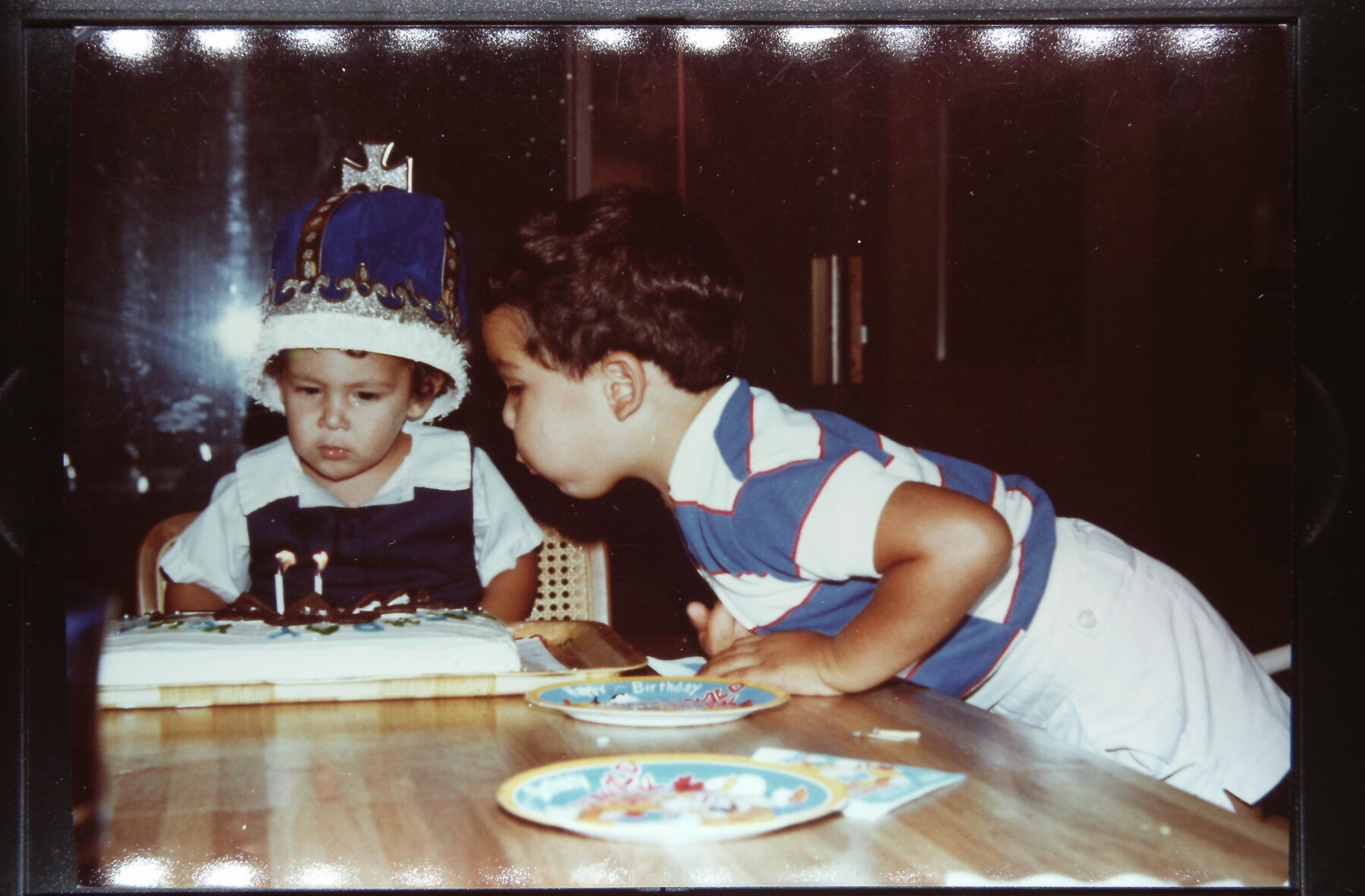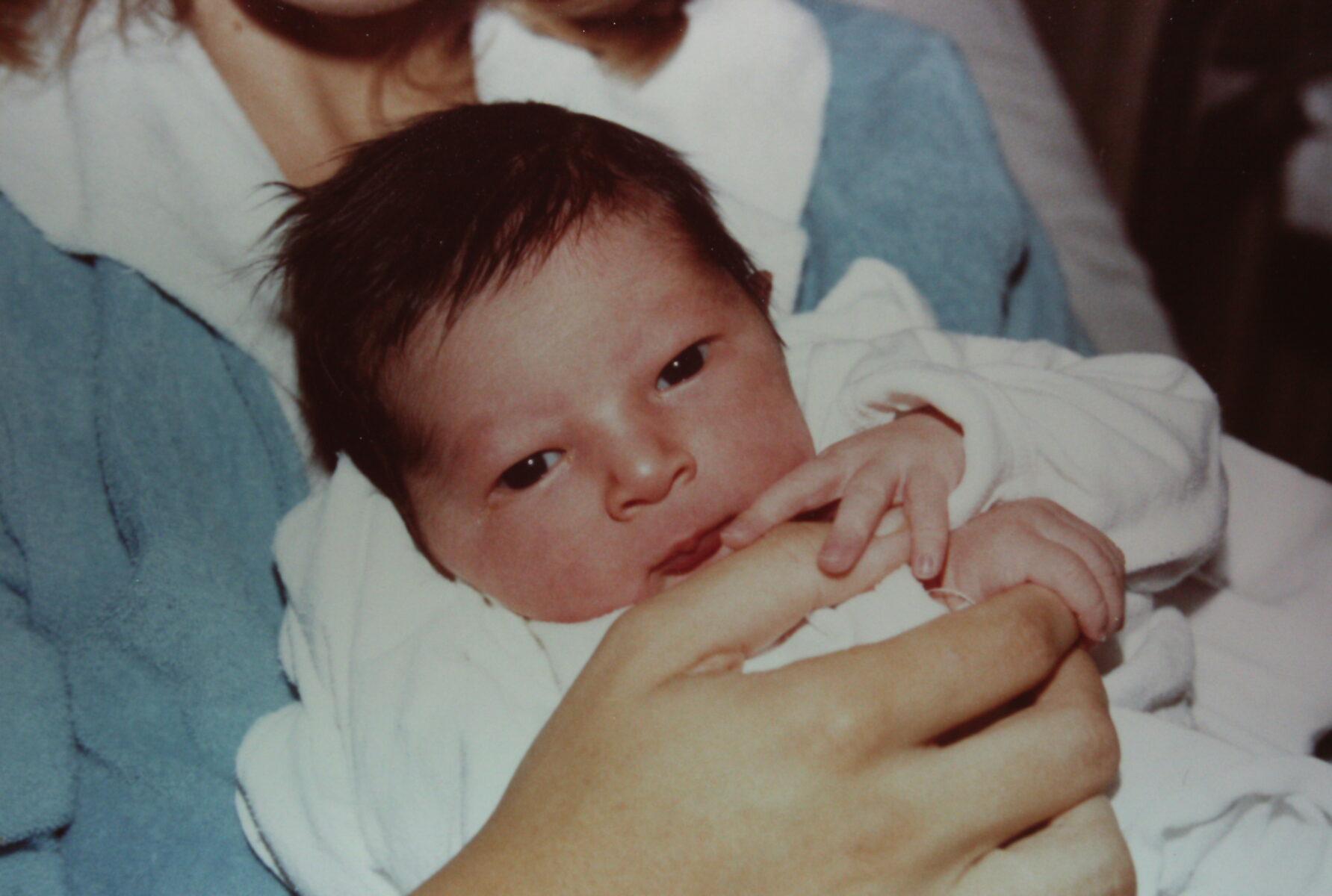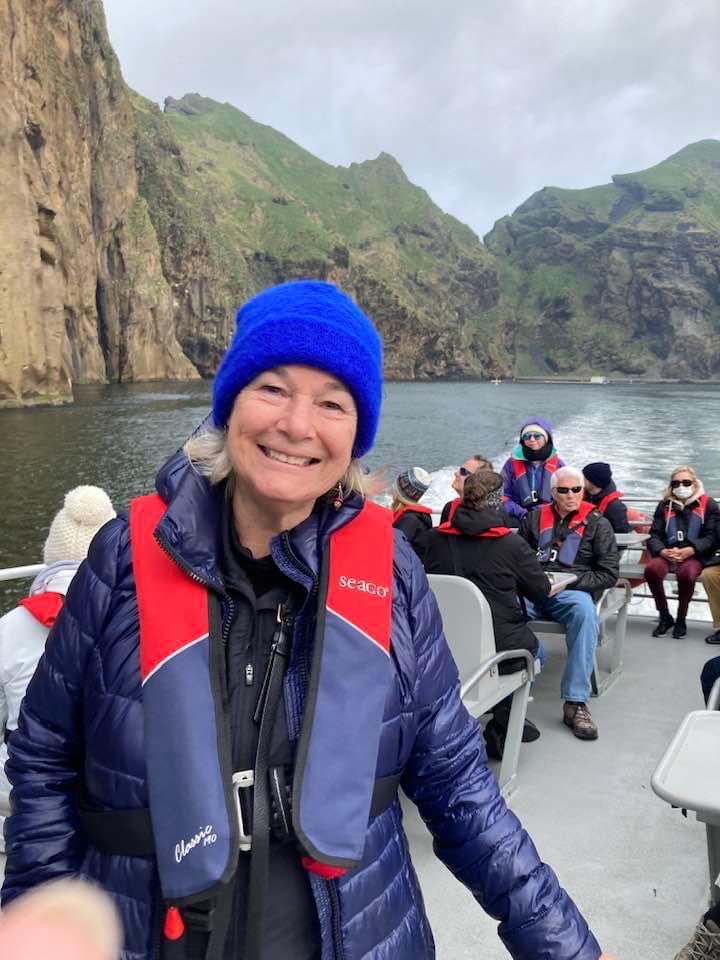A few days ago, my ship stopped in Cabo San Lucas. I am not a fan of the noisy, characterless places that most big tourist ports in Mexico have become, but I wanted to get off the ship for a while, so I got on a boat going for a few hours to some bays that were at least less crowded. The other guests and I were having fun on a beautiful, sunny afternoon when suddenly we heard commotion from another boat near us. A man was floating, unmoving and face down in the water, and several people had jumped in to drag him back on board.
On the deck, a woman immediately began furious CPR, which lasted what seemed to be a long time. Nearby, someone—daughter? wife?— was sobbing in the arms of another. The woman giving CPR stood up. It was hard to imagine how that could be a good sign, since no one was hovering around in the way they might if the victim had been revived and just needed help sitting up. Very quickly, a marine rescue boat arrived, and from what we could see, they were getting the victim onboard without any heroic measures. Then they roared off back to port. I have no idea what happened after that, except what happened on our own boat.
We were all quiet for a few minutes as we headed back to the pier, but when the crew of the boat put on some dance music and brought out an open bottle of tequila, the mood changed. By the time we reached port, it had gone from somber to downright rowdy—dancing, swinging around a pole holding up the awning, hugging, laughing. It was quite a sight to watch, and it got me thinking about something I read years before in one of my all-time favorite books, The Immense Journey, by Loren Eiseley. I think about his beautiful philosophical musings on nature quite a bit, and I have quoted him more than once in my blog, but I had forgotten this particular essay, “The Judgment of the Birds.”
What called it to mind was the way in which the people on the boat were able to put aside what we had witnessed and pick up life again so joyously. Eiseley remarks on this in connection to watching a raven snatch a newly hatched baby bird from its nest, robbing that little creature of its chance at life.
“ T]here on the extended branch sat an enormous raven with a red and squirming nestling in his beak , [S]uddenly, out of all that area of woodland, a soft sound of complaint began to rise. Into the glade fluttered small birds of half a dozen varieties drawn by the anguished outcries of the tiny parents. […] They cried there in some instinctive common misery, the bereaved and the unbereaved. The glade filled with their soft rustling and their cries. […] The black bird at the heart of life, sat on there, glistening in the common light, formidable, unmoving, unperturbed, untouchable.
“The sighing died. It was then I saw the judgment. It was the judgment of life against death. I will never see it again so forcefully presented. I will never hear it again in notes so tragically prolonged. For in the midst of protest, they forgot the violence. There, in that clearing, the crystal note of a song sparrow lifted hesitantly in the hush. And finally, after painful fluttering, another took the song, and then another, the song passing from one bird to another, doubtfully at first, as though some evil thing were being slowly forgotten. Till suddenly they took heart and sang from many throats joyously together as birds are known to sing. They sang because life is sweet and sunlight beautiful. They sang under the brooding shadow of the raven. In simple truth they had forgotten the raven, for they were the singers of life, and not of death.”
Exactly, I thought. Death is hard. Grief is devastating. Recovery seems, at least for a while, impossible. And then, there it is again, the need to feel alive, the desire to be joyous, even while the shadow of death hovers so close.
Life is indeed sweet. The inevitable bitterness makes it sweeter still, when we can finally look away from the darkness. ‘Therefore choose life,” the Bible says. I hope I always do. I hope you always do too.
